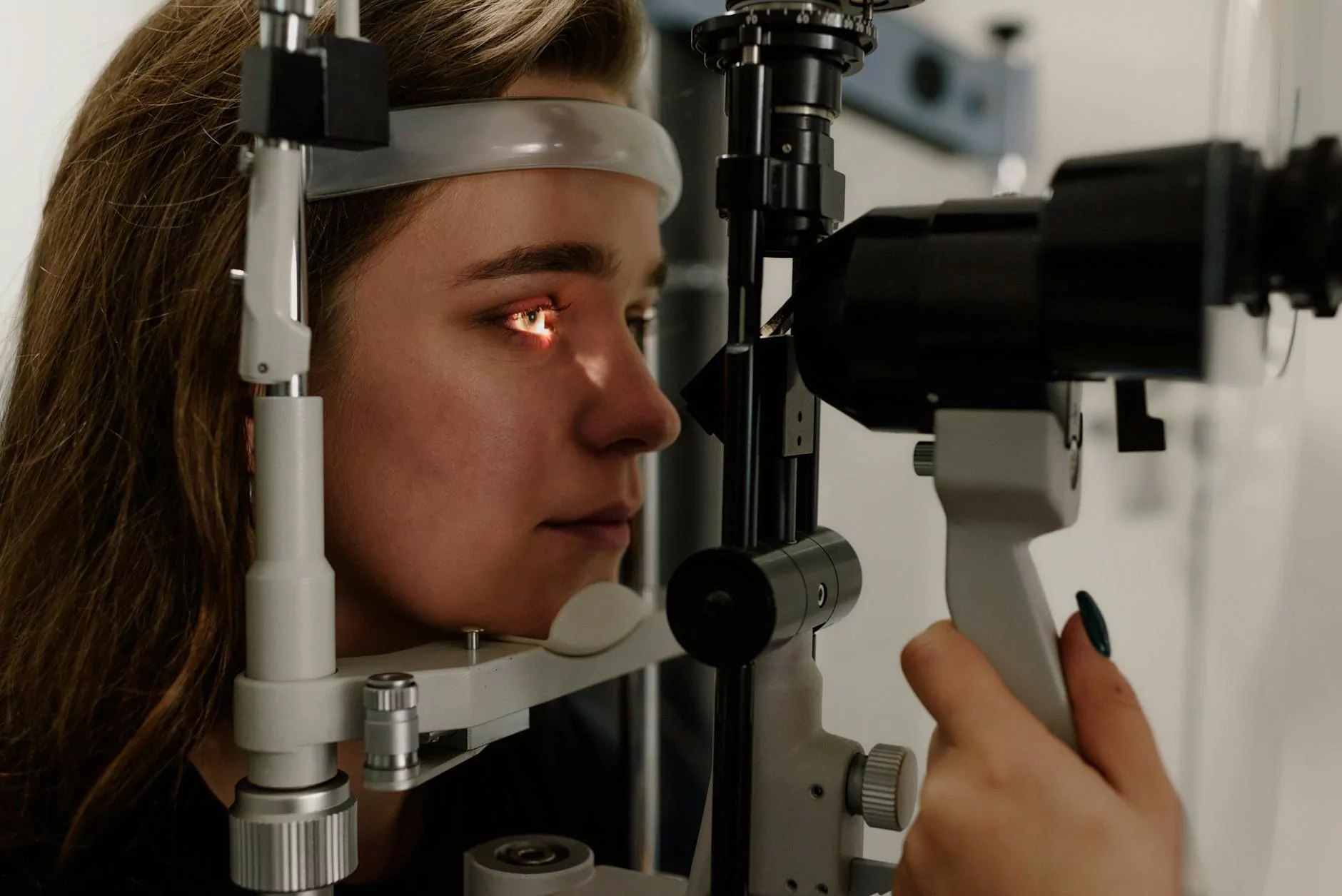Understanding the Role of an Endometriosis Excision Specialist

Endometriosis is a chronic and often painful condition that affects millions of women around the world. It occurs when tissue similar to the lining of the uterus grows outside the uterus, leading to various complications that can severely impact a woman's quality of life. For women suffering from endometriosis, finding a proficient endometriosis excision specialist can make an incredible difference in their treatment and overall well-being.
What Is Endometriosis?
Endometriosis can be defined as a gynecological disorder that can lead to debilitating pain, particularly during menstruation. It can also cause other issues such as infertility, excess bleeding, and pain during intercourse. The symptoms can vary widely among individuals, leading to challenges in diagnosis and treatment.
The Importance of Specialized Care
Receiving care from a specialist is crucial for anyone suffering from endometriosis. A non-specialist may not fully grasp the intricacies of the condition, which can lead to misdiagnosis or inadequate treatment. An endometriosis excision specialist has advanced training and experience specifically in diagnosing and treating endometriosis through surgical methods, particularly excision.
What Is Excision Surgery?
Excision surgery is a surgical procedure that aims to remove endometrial tissue growing outside the uterus. Unlike ablation, which destroys the tissue, excision involves cutting out the tissue entirely, allowing for greater relief from symptoms and prevention of recurrence.
Benefits of Excision Surgery
- Complete Removal: Excision aims to remove all visible endometrial implants, providing long-term relief.
- Reduction of Symptoms: Patients typically experience a significant reduction in symptoms following excision.
- Improved Fertility: By removing endometriosis, the chances of natural conception may improve.
- Customized Care: A specialist tailors the procedure to the individual's specific condition.
How to Choose an Endometriosis Excision Specialist
Choosing the right endometriosis excision specialist is crucial for successful treatment. Here are several factors to consider:
1. Credentials and Experience
Look for a specialist with extensive experience in treating endometriosis. Confirm their credentials, subspecialty training, and years of experience in excision surgery.
2. Patient Testimonials
Reading patient testimonials and reviews can provide insight into the specialist's success rates and bedside manner. Positive feedback from other patients is often a good indicator of their expertise.
3. Consultation Approach
A good specialist should prioritize your health and feelings by offering a comprehensive consultation. They should take your symptoms seriously and provide detailed explanations of treatment options.
4. Access to Multidisciplinary Care
Endometriosis often requires a team approach for management, including pain specialists, nutritionists, and physical therapists. Verify that the endometriosis excision specialist collaborates with other healthcare professionals.
Preparing for Your Consultation
When preparing to consult with an endometriosis excision specialist, consider the following tips to maximize your visit:
- Document Your Symptoms: Keep a diary of your symptoms, including pain levels, menstrual cycle details, and any other related health issues.
- List Your Questions: Write down any questions or concerns you have about your condition or potential treatment options.
- Be Honest: Provide accurate information about your medical history, lifestyle, and previous treatments.
The Surgical Process
Understanding the surgical process can alleviate some anxiety associated with the procedure:
1. Pre-Surgery Preparation
Prior to surgery, the endometriosis excision specialist will perform various tests to determine the extent of the endometriosis. This may include imaging studies like ultrasounds or MRIs.
2. Anesthesia
The procedure is typically conducted under general anesthesia, ensuring that the patient remains comfortable throughout the surgery.
3. The Excision Procedure
The specialist will access the endometriotic tissue, usually through minimally invasive techniques such as laparoscopy. The excised tissue is then sent for pathology analysis to confirm the diagnosis and rule out other conditions.
Post-Operative Care and Recovery
Recovery after endometriosis excision surgery generally involves several key aspects:
1. Immediate Post-Operative Care
Patients are usually monitored for a few hours post-surgery before being discharged. Pain management will be discussed, and follow-up appointments will be scheduled.
2. Recovery Period
The recovery period varies from person to person. It's essential to avoid strenuous activities and follow the specialist's post-operative care instructions to ensure optimal healing.
3. Long-Term Management
Post-operative care often includes lifestyle modifications, pain management strategies, and regular follow-ups with the specialist. Ongoing support from healthcare professionals can be vital in managing any recurring symptoms.
Conclusion: A Path to Improved Quality of Life
Finding a skilled endometriosis excision specialist can profoundly impact the life of someone suffering from this condition. Through specialized care, comprehensive treatment plans, and the latest surgical techniques, specialists like those at drseckin.com provide hope and relief to patients.Choosing to seek out a specialist is a commendable step towards reclaiming one’s health and happiness.
© 2023 Dr. Seckin - Your partner in endometriosis care. All rights reserved.









